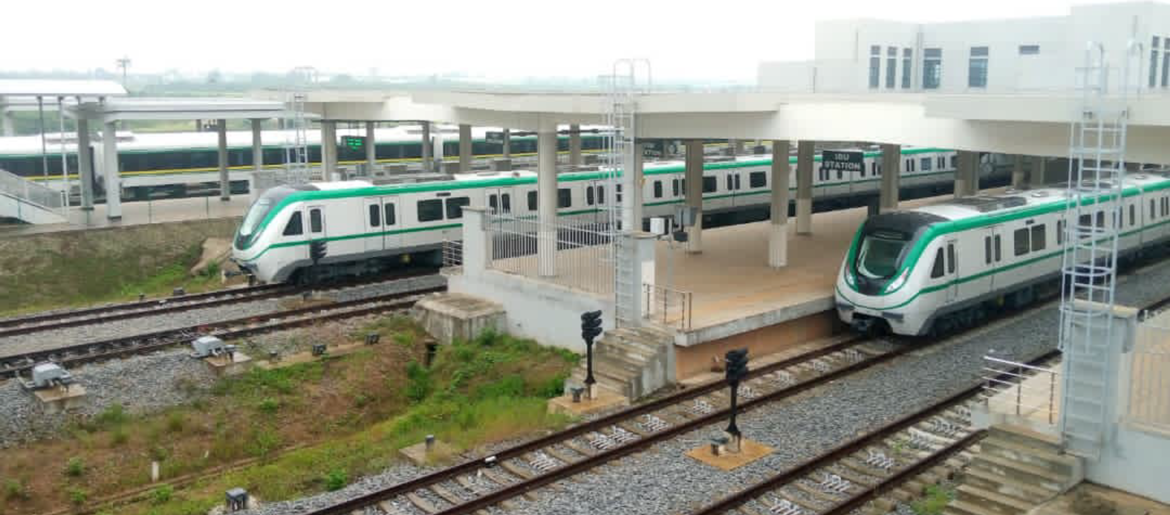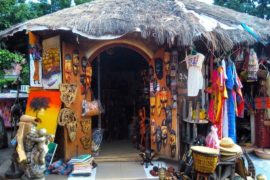Over the years Abuja has continued to witness a mass influx of people into the city on a daily basis. This migration has caused transportation to remain one of the biggest challenges in the capital city of Nigeria. The rural-urban migration perhaps cut across every city in Nigeria, where the people go to the urban centres in search of better lives and greener pastures.
However, the growing population in the FCT as a result of this influx has overwhelmed the transport infrastructure in the capital city. This transport deficit has lingered as the government continued to roll out different schemes to address the bane.
In attempting to address this growing transport challenges in the federal capital, the Federal Capital Developmental Authority, (FCDA), at its inception had designed different transport system schemes to meet the growing need of the people.
Urban mass transit is one of the schemes established to cushion these challenges. However, management of this system was not sustainable as it witnessed a poor maintenance culture, poor management, corruption, ineffective ticketing system, overloading, bad customers services and frequent policy changes.
A Guardian publication of 2019 had this to say about the inefficient mass transit system in Abuja: “As is the case with such cities, it was deficient in many areas, including the provision of social services. Apart from struggling to cope with the challenge of consolidating on its fledgeling infrastructure occasioned by rapid urbanisation, it was also haunted by an increase in motorisation and low-quality public transport.”
The Abuja Urban Mass Transport Company Limited (AUMTCO) was established by the defunct Ministry of Federal Capital Territory, now the Federal Capital Territory Administration (FCTA) in 1984 as Abuja Bus Service (ABS), and later registered as Abuja Urban Mass Transport Company Limited under the Companies and Allied Matters Act 1990. It was meant to serve as a vehicle to address the transportation needs of a city that was blossoming at high speed.
The outfit, among other things, was designed to provide the best value for money and the safest, most reliable scheduled and bus hire service in Nigeria. It was also to plan, develop and implement an organised environmentally friendly and sustainable urban public transport system in the FCT for effective, comfortable, safe, regular, efficient and affordable transport service delivery.
In addition to implementing the Abuja master plan with regards to urban transportation, it was also to develop a sustainable means of funding urban public transportation services in the FCT, evolve appropriate policy framework to subsidise urban public transportation and provide adequate transport infrastructure in the territory, with particular reference to urban public transportation.
It also aspired to become the pacesetter for the provision of world-class, organised and efficient urban public transportation services in the country. The company was charged with the responsibility of implementing the government’s vision of affordable urban public transportation and managing transport service delivery across the Federal Capital Territory.
As the largest bus transportation company in Nigeria, with a staff strength of 518 staff members, AUMTCO took off with funds totalling over N1.3b, which were to be used for the procurement of over 500 high-capacity buses for designated routes in the FCT, including Abuja-Mararaba, Abuja-Bwari, Abuja-Kuje, Abuja-Gwagwalada, and Abuja-Suleja respectively.
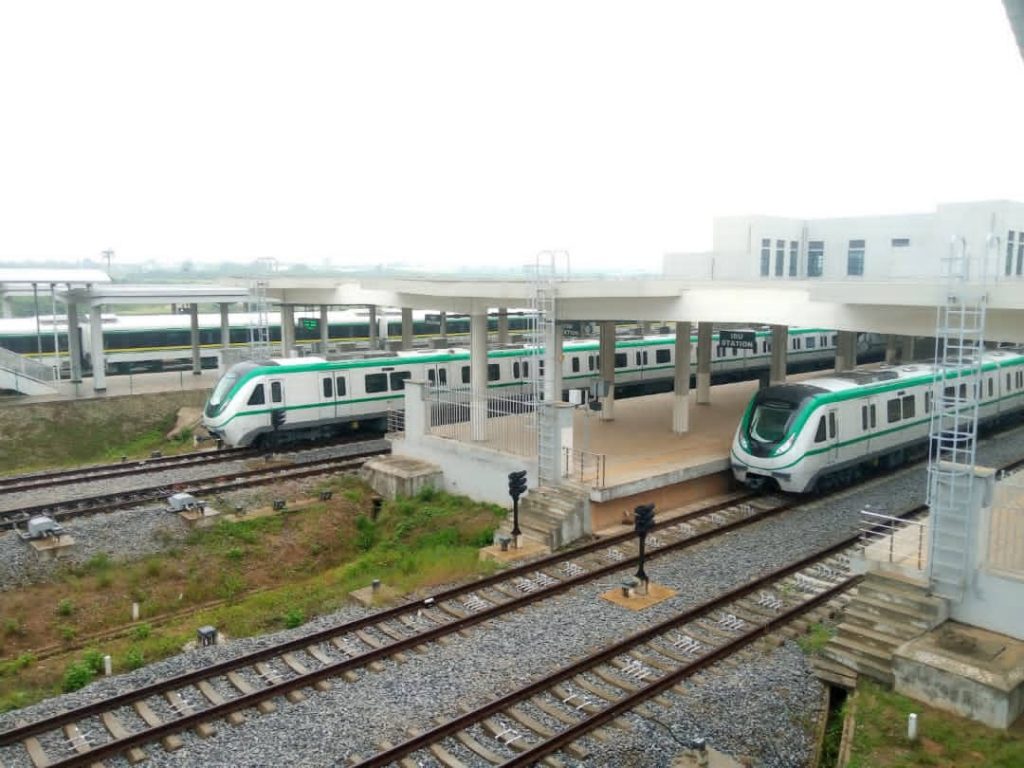
Before long, the arrival of the high-capacity buses led to the ban of the popular mini buses that plied the capital city in 2013, all in a bid to make for smooth operations of AUMTCO.
But to the dismay of many, it only took a few years of operations before the lofty initiative began showing signs of distress, and a good number of the mass transit buses began to disappear from the roads, one after the other.
The federal government with the view to finding a lasting solution reviewed the master plan exploring the alternative to the beguiling transport challenge which it launched two years ago, the Abuja Mass Rail Transit.
Abuja Rail Mass Transit commonly known as Abuja Light Rail, is the first rapid transit system in the country and West Africa, the second of such system in sub-Saharan Africa after Addis Ababa Light Rail.
The first phase of the project connects the city centre to Nnamdi Azikiwe International Airport, stopping at the Abuja-Kaduna Railway Station in Idu. The Abuja Metro Line was launched on 12th July 2018 and opened for passengers on the 19th of the same month.
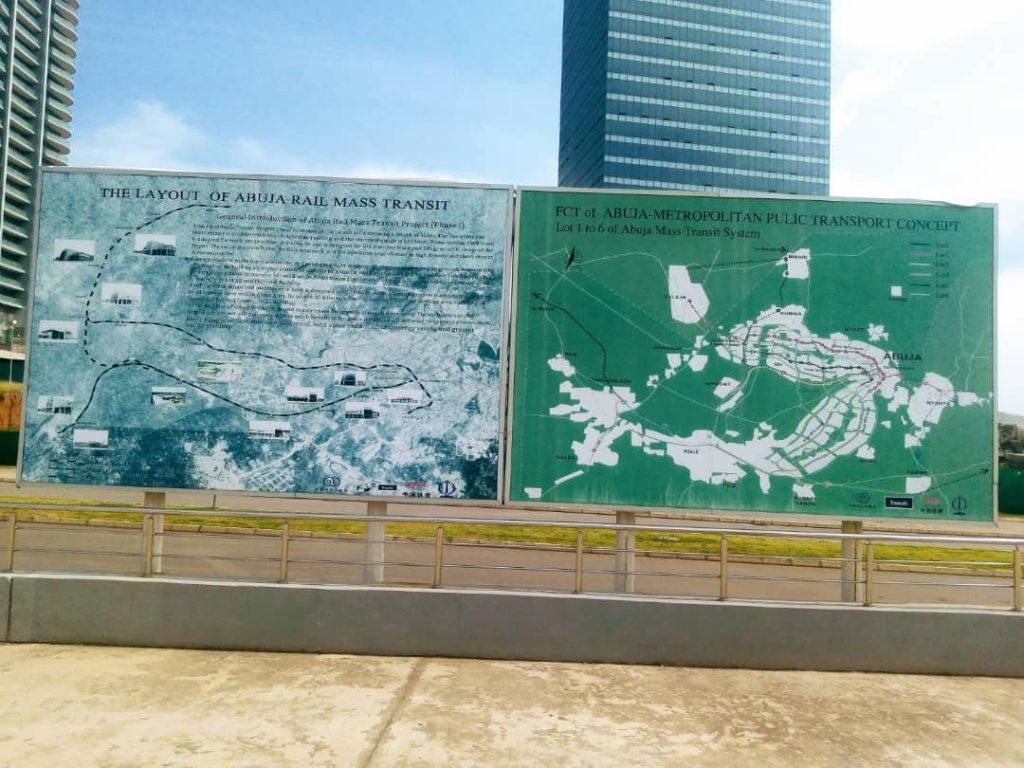
However, it stopped operations in July 2020 due to controversies of the high-cost of ticketing by passengers. It remains unclear when the station will resume operation.
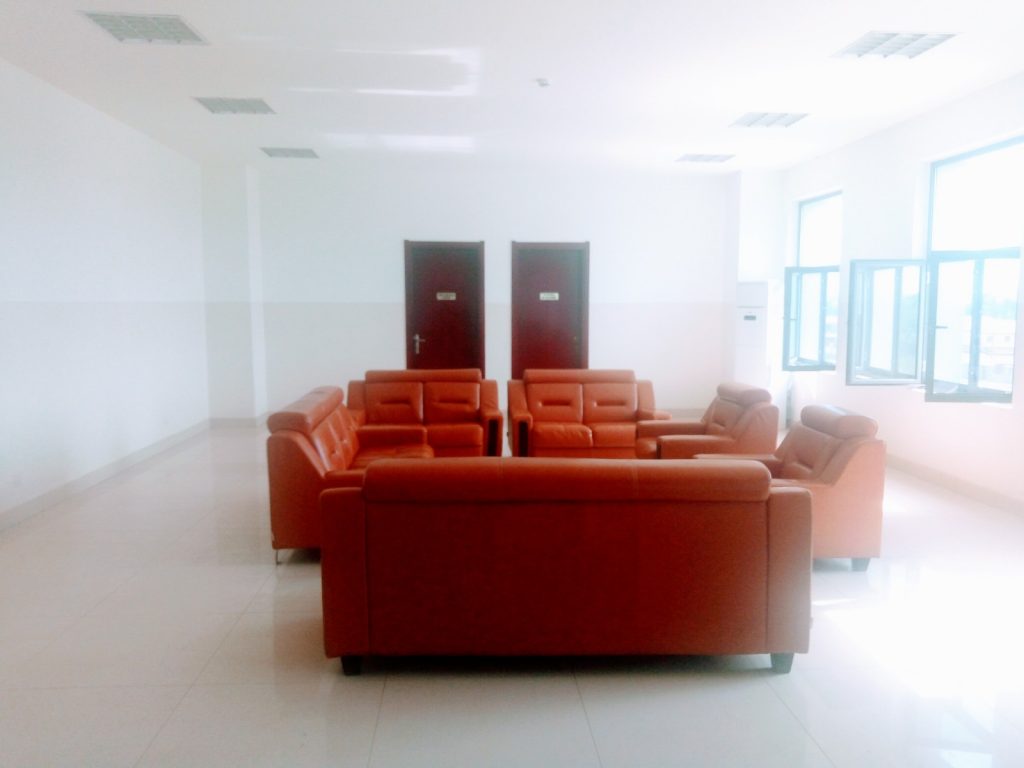
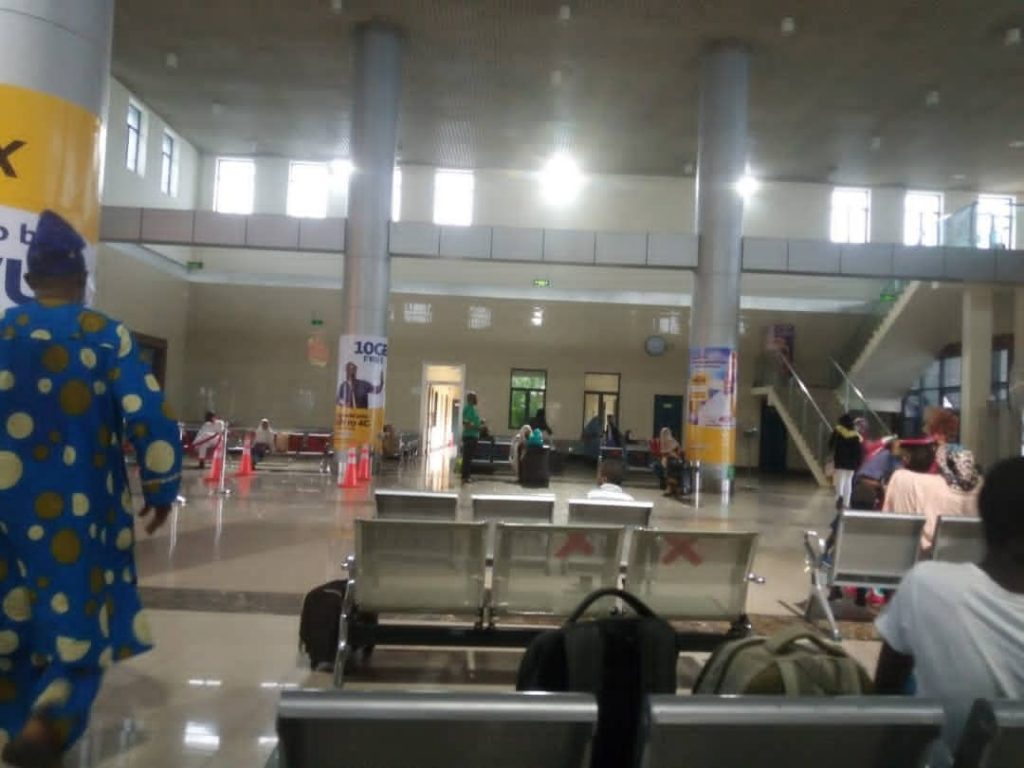
Meanwhile, the stations offer world-class services that are highly equipped with modern facilities. The metro station sits adjacent to the World Trade Center. It has a VIP lounge, a bar designated for waiting area and with high security gadgets for an effective security system.
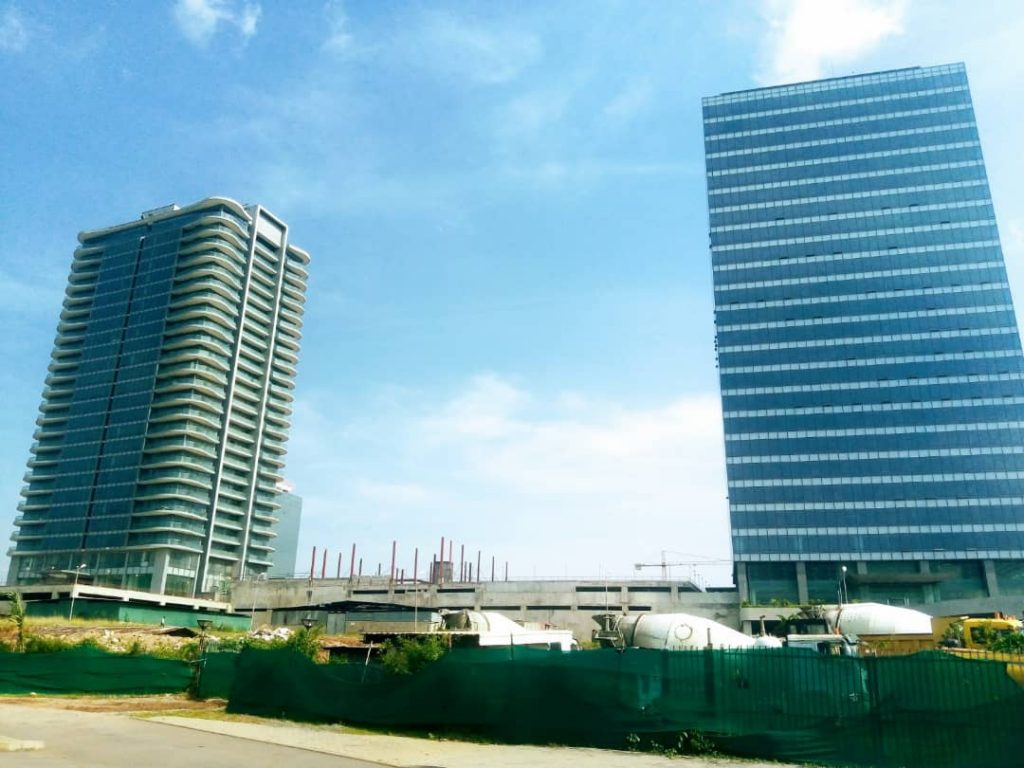
History
A light rail system serving Abuja had begun planning in 1997, but was delayed due to funding issues. CCECC Nigeria was awarded a contract for the construction of the first two phases, known as Lots 1 and 3, in May 2007.
The 42.5 km (26.4 mi), the first phase has two lines and 12 stations opened in July 2018, connecting Abuja city centre with the international airport via the Lagos–Kano Standard Gauge Railway at Idu. The projected cost of the entire proposed 290 km (180 mi) network, to be developed in six phases, was US $824 million, constructed by China Civil Engineering Construction Corporation, with 60% of the cost funded by loans from the Exim Bank of China.
Operations
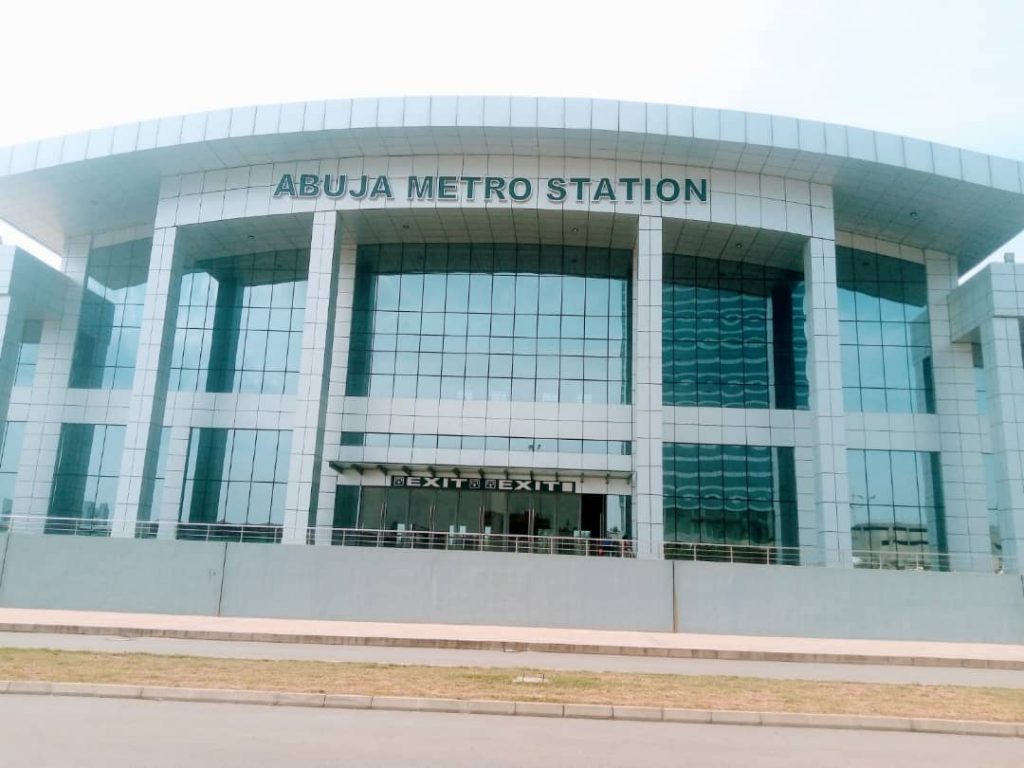
Upon opening in 2018, only the section between Abuja Metro Station and the Airport was operational, with an intermediate station at Idu. The remaining nine stations were not in operation, and are due to open in 2020.
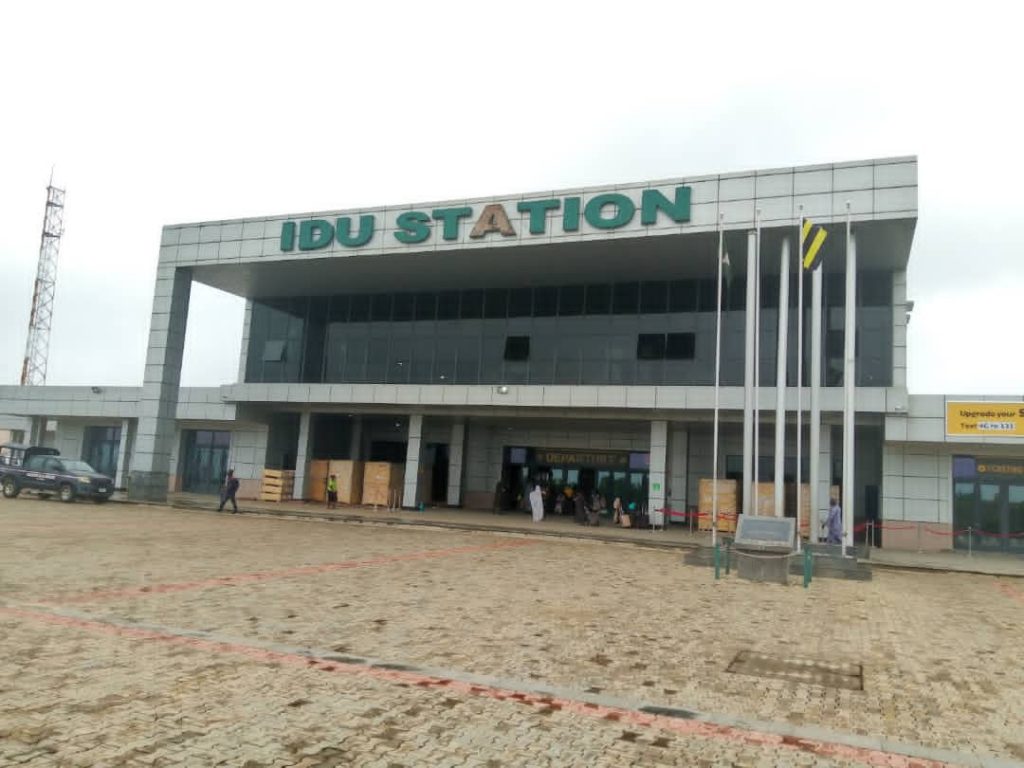
The rolling stock used for this line initially consisted of only three diesel rail coaches. A further three are scheduled to be delivered in 2020.
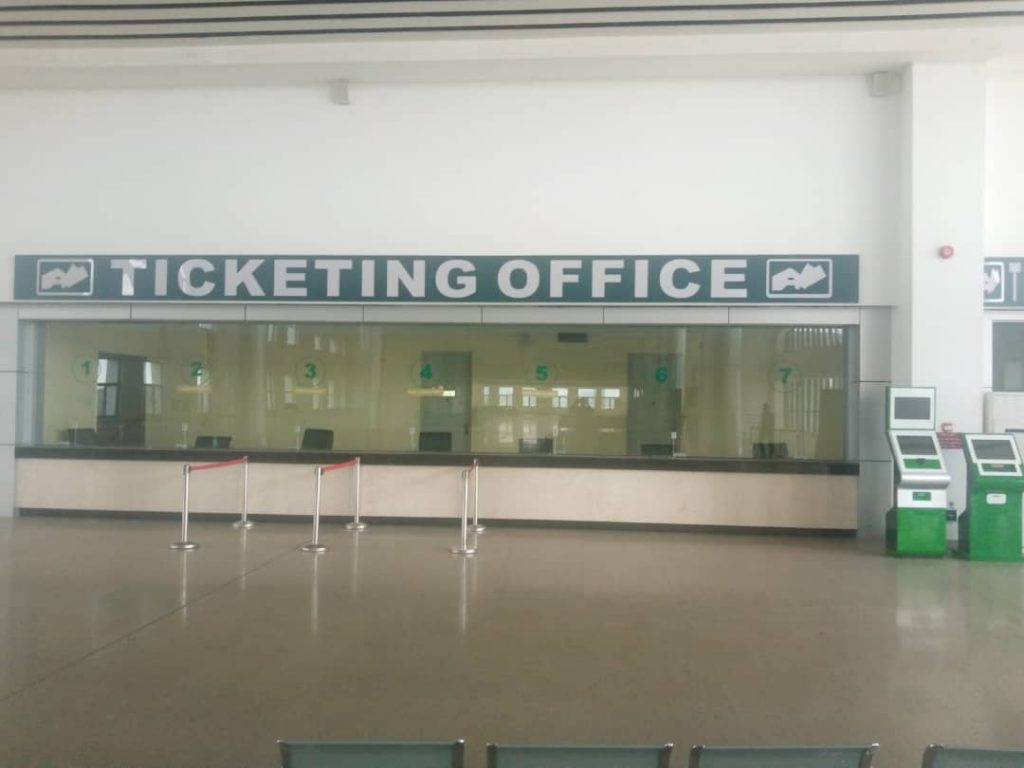
From the start of operations, the rail line operated on a significantly reduced timetable in comparison to other worldwide light rail systems; with three daily departures from Idu to Abuja Metro Station, with two running the full length to the airport, on weekdays only. The delivery of further rolling stock is anticipated to provide services every thirty minutes.
Network
The first part of the network was commissioned on July 12, 2018, twelve stations opened in this first phase.
Yellow Line
The Yellow Line travels from Abuja’s Central Business District to Nnamdi Azikiwe International Airport.
Blue Line
The Blue Line travels from Idu to Kubwa. A network totalling 290 km (180 mi) is proposed, divided into six phases or ‘lots’. Construction of Lots 1 and 3 have been completed.
Lot 2 is from Gwagwa via Transportation Centre (Metro Station) to Nyanya/Karu.
Lot 4 is from Kuje to Karshi with the remaining legs of the Transit way line 2.
Lot 5 from Kubwa via Bwari to Suleja.
Lot 6 from Airport via Kuje and Gwagwalada to Dobi.


